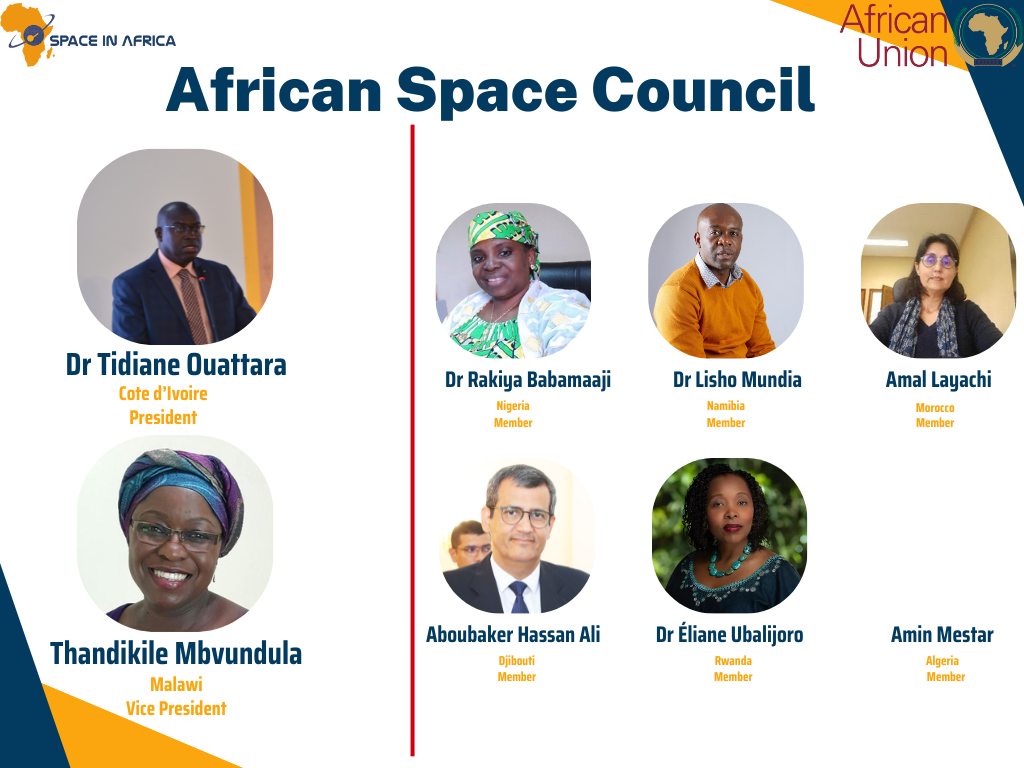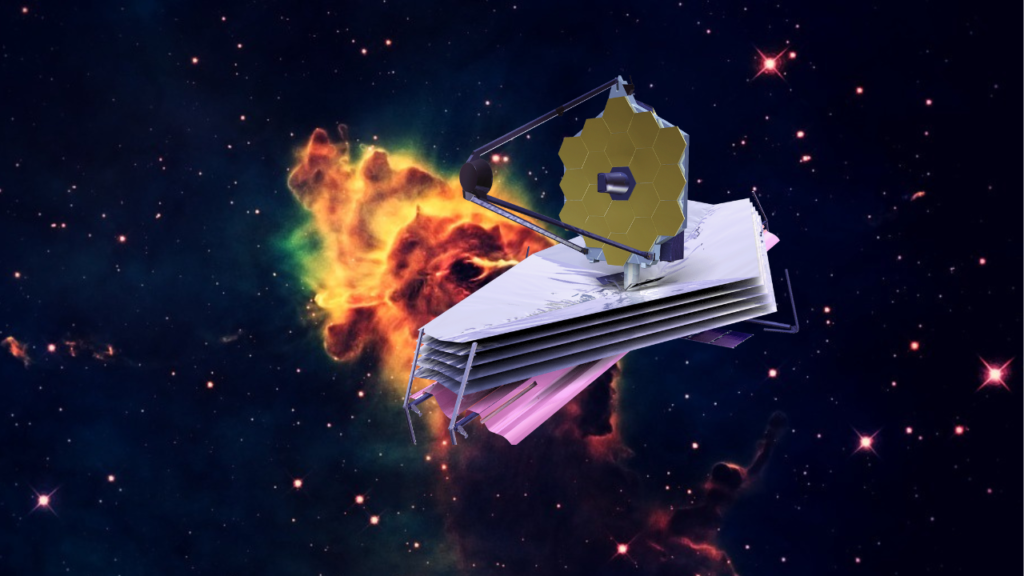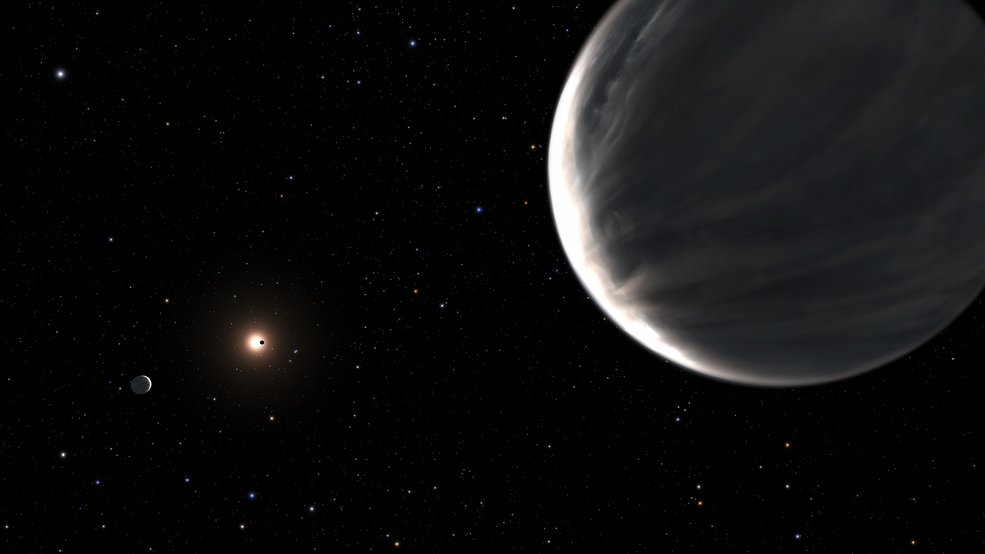At the 37th Ordinary Session of the Assembly of the Heads of State and Government of the African Union, which was held from February 14th – 15th, 2024, the Executive Council of the African Union elected and appointed the first African Space Council to advance the operationalisation of the African Space Agency, which was inaugurated in January 2023.
The African Space Council is charged with coordinating the activities of the African Space Agency, guiding continental space policymaking, resource allocation, and regulatory oversights, and managing African space industry stakeholders, including governments and international partners, to facilitate favourable partnerships in space science and technology. Furthermore, the Council will ensure that investments align strategically with continental objectives, including those outlined in Africa 2063, prioritising advancements in space exploration, research, technology, and indigenous capacity development. Moreover, the African Space Council will facilitate collaboration in space exploration and research through local, regional, continental, and international cooperation, promoting mutual benefits and peaceful endeavours for all Africans.
It will also support the growth of commercial space industries by fostering innovation, removing regulatory barriers, and encouraging entrepreneurship. Furthermore, the Space Council will spearhead public outreach and education initiatives to inspire interest in space exploration and its potential societal benefits while addressing security and defence considerations related to space assets and capabilities. In general, the Council will oversee the administrative operations of the Agency.
Based on the statutes of the African Space Agency, the African Space Council is comprised of ten people from the member states of the African Union Commission, elected during the 37th Ordinary Session yesterday, AUC commissioners for Human Resources, Science and Technology, H.E. Sarah Mbi Enow Anyang, Infrastructure and Energy, H.E. Amani Abou-Zeid, Political Affairs, Peace and Security, H.E. Amb. Bankole Adeoye, and Agriculture, Rural Development, Blue Economy and Sustainable Environment, H.E. Josefa Leonel Correia Sacko. Other council members include the Director of Communications and the Legal Council of the commission.
The elected members of the council are:
- Dr Tidiane Ouattara (Cote d’Ivoire)
- Dr Rakiya Babamaaji (Nigeria)
- Thandikile Chisala Mbvundula (Malawi)
- Dr Lisho Mundia (Namibia)
- Amal Layachi (Morocco)
- Aboubaker Hassan Ali (Djibouti)
- Dr Éliane Ubalijoro (Rwanda)
- Amin Mestar (Algeria)
There was no representation from Central Africa.
In line with the statutes, Dr Tidiane Ouattara and Ms Thandikile Chisala Mbvundula were appointed the President and Vice-President of the council, respectively.
Members of the Council
Dr Tidiane Ouattara (Cote d’Ivoire)
Dr Tidiane Ouattara is the Head of the Science, Technology and Space Division at the Department of Education, Science, Technology and Innovation of the African Union Commission and the Coordinator leading the development and implementation of the African Outer Space Programme, including implementing the African Space Policy and Strategy and establishing the African Space Agency.
With an extensive history in international relations, business development, policy development, and project negotiation and management, he previously led the inception and coordination of the GMES and Africa project, a joint endeavour between the African and European Unions. He plays a crucial role as the primary organiser of pan-Africanism in the African space ecosystem, fostering collaboration among all African countries through various initiatives and programmes. Additionally, he bargained the GMES and Africa project as the AUC point of contact in getting the project approved and the EUR 100 million investment into African space programmes from the European Union. A seasoned leader and expert in the African space ecosystem, Dr Ouattara deftly led the success of the first phase of the GMES and Africa programme and the beginning of the second phase and has dedicated himself to promoting collaborative efforts among various consortia to drive socio-economic development through diverse and innovative partnerships and initiatives across 45 African countries.
Before he joined the African Union in 2016, Dr Ouattara built a career as a lecturer at Sherbrooke University, Canada, and a researcher for different departments in the Canadian government, including the Department of Natural Resources, the Canadian Space Agency, and the Canadian Department of Environment and Climate Change. Dr Tidiane Ouattara holds a master’s degree in Physical Geography from Université de Cocody, Abidjan, Côte-d’Ivoire, and another master’s and PhD degrees in Remote Sensing and Geographical Information Systems (GIS) from Sherbrooke University, Quebec, Canada.
The African Space Agency will be the focal point of Africa’s collaboration with Europe and other non-African partners, with the mandate to strengthen space missions in Africa and ensure access to space data, applications, and technologies. The agency also intends to end redundant space efforts in Africa, transform the African space ecosystem from a resource-dependent industry to a knowledge-based one, and promote space technology development in all member states of the African Union.
Dr Rakiya Abdullahi Babamaaji (Nigeria)
Dr Babamaaji is a Deputy Director of the Strategic Space Applications Department at the National Space Research and Development Agency, Nigeria. She is a resource person for human capacity development at the department and an expert in Geology, Water Resource Applications, Environmental Assessment, Remote Sensing and GIS.
Dr Babamaaji is the Vice Chair of the African Union Science and Technology Advisory Group on Disaster Risk Reduction and a member of the Project Implementation Team (PIT) for Geo-referenced Infrastructure and Demographic Data for Development (GRID3) Nigeria. Furthermore, she is the coordinator of the CropWatch Nigeria program and Principal Investigator for the LCB project, a National Space Research and Development Agency (NASRDA) focal point for the World Bank Nigeria ACReSAL project. Dr Babamaaji is also one of two African Scientists recently invited to the United Nations Disaster Risk Reduction Global Risk Assessment Framework (UNDRR GRAF) Steering Group and the vice chair of ITU/WMO/UNEP Focal Group on Artificial Intelligence for Natural Disaster Management (FG-AI4NDM), all of which underscores her commitment to the use of space technologies for socioeconomic benefits in Africa.
Prior to her appointment at NASRDA, Dr Babamaaji interned at the Canadian Space Agency, then worked as a graduate research assistant at Hydrolab, University of Missouri Kansas City, a Teaching Assistant at the Geology Department of Missouri Community College Maplewood Campus, Kansas, USA till 2014. Her research focus includes Hydrological modelling and LULC of Lake Chad Basin (LCB), Hydrological modelling of Katsina-ala river basin: an emerging scenario from Lake Nyos threat, and Water-Related Issues and Space (Remote Sensing) Applications in Africa.
Dr Babamaaji holds a doctorate degree in Geosciences and Civil Engineering from the University of Missouri Kansas City, USA, two Master’s in Environmental Resources Management from Lagos State University, Nigeria and in Space Management from the International Space University, France, and a Bachelor’s degree in Geology from the Federal University of Technology, Yola, Nigeria, among many other certifications.
Thandikile Chisala Mbvundula (Malawi)
Ms Mbvundula is a social entrepreneur and pioneer who founded Malawi’s first internet service provider, Epsilon & Omega, in 1999. After extensive work with ICT for Development in South Africa, she returned to Malawi to head NICO Technologies, Ltd. Ms Mbvundula has built an extensive and remarkable career as a social entrepreneur and ICT for Development initiatives. Her work in the Malawian ICT industry contributed significantly to the commercial development of email and the Internet in a virgin market. Through Epsilon & Omega, she led efforts to sensitise citizens on the effective use and application of email and internet services, implemented dial-up and broadband wireless connectivity, and introduced new and emerging internet technologies into the public and private sectors. From 2013 to 2016, Ms Mbvundula served as the CEO of NICO Technologies. Before this, she was an ICT programme manager at OSISA, where she coordinated and provided support for devising and integrating various solutions and initiatives for the ICT sector in 10 Southern African countries. Additionally, Ms Mbvundula is the Taskforce Chairperson at the Malawi Space Agency.
She holds a bachelor’s degree in Control Systems and Computing Science from the University of Sheffield and a master’s in Information Systems Management from the University of Liverpool. Currently, she is an independent ICT4D consultant, specialising in developing, designing, and reviewing policies and strategies for enhancing ICT penetration in Malawi.
Dr Lisho Mundia (Namibia)
Dr Mundia is the Director of Research and Innovation in the Ministry of Higher Education, Technology and Innovation, Government of the Republic of Namibia. A seasoned executive, academician, entrepreneur and author, he has about 20 years of working experience, about 10 years of which is in education, research and training. He lectured, reviewed and developed internationally accredited degree programmes from NQF level 6 to 10 and worked for various industries ranging from consulting, higher education, utility, mining and local authority, making him highly relevant to the transdisciplinary research agenda.
He served as one of the first Council Members of Space Science under the National Commission on Research Science Technology. Dr Mundia is a former Committee Member of the National Spatial Data Infrastructure under the Namibia Statistics Agency, a Land Tribunal Board member under the Ministry of Land Reform, and an Advisory Board Member of the Southern African Innovation Support Programme. He currently serves as a Board Member of the Earth Observations for Sustainable Development Goals (EO4SDG) Initiative under the Group on Earth Observations, an Advisory Board Member of the Multidisciplinary Research Center of the University of Namibia, a Chairperson of the National Research Symposiums (MHETI), a Chairperson of the National Steering Committee on Research Outputs and Journal Accreditations (MHETI), and the Founder and Chairperson of the Zambezi Innovation Foundation.
Dr Mundia is an M.Sc graduate of Management, a PhD holder in Geography, and has a Postgraduate Diploma in Business Management. Furthermore, Dr Mundia has an M.Sc in Geographical Information Science (GIS) and many other qualifications in GIS, land management and land measuring. He has published several journals, conference papers, and books and managed and facilitated many international projects on land, water, development, earth observation, geographical sciences, climate change, and health sciences.
Amal Layachi (Morocco)
Amal Layachi has over 30 years of experience in Earth Observation and Geographic Information Systems. She coordinated and participated in several national or international projects on space technologies application to national and regional development priority areas, including the EU APPUIT Program, GARNET E, GEONET CAB, GEOCRADLE, LDAS MOROCCO, and the GMES and Africa initiative. Presently, she heads the Training and Cooperation department at the Centre Royal de Télédétection Spatiale (CRTS).
Ms Layachi is a specialist in institutional capacity building in space technologies and has been instrumental in the organisation of over 300 training programmes for the African and international earth observation communities. Ms Layachi oversees international cooperation activities at CRTS and is a focal point with space agencies such as the National Centre for Space Studies, France; the European Space Agency; the UAE Space Agency; National Aeronautics and Space Administration; the Indian Space Research Organisation, NSSA Bahrain. Additionally, she manages relationships with universities and national and international research institutions to improve applied research in Morocco in Earth Observation applications.
Ms Laychi holds an Engineering degree, a Master’s degree and a Diploma of Advanced Studies specialising in automatic control and signal processing.
Aboubaker Hassan Ali (Djibouti)
Mr Hassan is the Secretary General of the Ministry of Higher Education and Research, Djibouti, where he manages the implementation of the Djibouti space programme. In this capacity, he has directed the design and production of the Djibouti 1A and 1B.
From 2013 to 2014, he chaired the Board of Directors of the Faculty of Medicine at the University of Djibouti before he went on to become the chairperson for the National Commission for Higher Education Diploma Equivalences. He had a brief stint at the Ministry of Agriculture, Livestock and the Sea, where he was in charge of hydraulic resources and then an Advisor to the Minister, a role where he was critical to developing strategies for livestock breeding, fishing, and agriculture sectors.
Dr Éliane Ubalijoro (Rwanda)
Dr Éliane Ubalijoro is the CEO of the Center for International Forestry Research and World Agroforestry. With a background in agriculture and molecular genetics and a career that spans academia, the private and non-profit sectors, and international development, she serves on several boards and has been recognised for outstanding contributions to innovation, gender equity and sustainable prosperity creation, as well as improving the lives of women and smallholder farmers in developing countries. Dr Ubalijoro is Professor of Practice for Public-Private Sector Partnerships at McGill University. From 2021 to March 2023, she was the Executive Director of Sustainability in the Digital Age and the Canada Hub Director for Future Earth. She is a member of Rwanda’s National Science and Technology Council and Presidential Advisory Council, the Impact Advisory Board of the Global Alliance for a Sustainable Planet, the Science for Africa Foundation, and the Capitals Coalition Supervisory Board.
Previously, Dr Ubalijoro founded C.L.E.A.R. International Development Inc., a consulting group harnessing global networks for sustainable systems development. She was the Deputy Executive Director for Programs at Global Open Data in Agriculture and Nutrition (GODAN) from 2019 to 2021. She was a member of WWF International’s Board of Trustees and the Crop Trust’s Executive Board. She co-edited the 2021 book Building Resilient African Food Systems after COVID-19. She has served as a member of the Expert Consultation Group on the Post COVID-19 Implications on Collaborative Governance of Genomics Research, Innovation and Genetic Diversity and the African Development Bank’s Expert Global Community of Practice on COVID-19 Response Strategies in Africa.
Recognised for her work in leadership and gender equity, Dr Ubalijoro is a recipient of the International Leadership Association‘s 2022 awards in women and leadership for outstanding practice with broad impact and is part of a cohort of appointed International Science Council fellows in recognition for exceptional contributions to promoting science as a global public good. Dr Ubalijoro was a member of FemStep, a research network highlighting rural girls’ and women’s perspectives for engendering poverty reduction strategies in Rwanda, South Africa, Tanzania, DR Congo and Ethiopia using arts-based methodologies.
She earned a bachelor’s degree in general agriculture and a master’s and a doctorate in molecular genetics from McGill University, where she studied improving productivity in agriculture.
Source: https://africanews.space/meet-the-elected-members-of-the-african-space-council/



